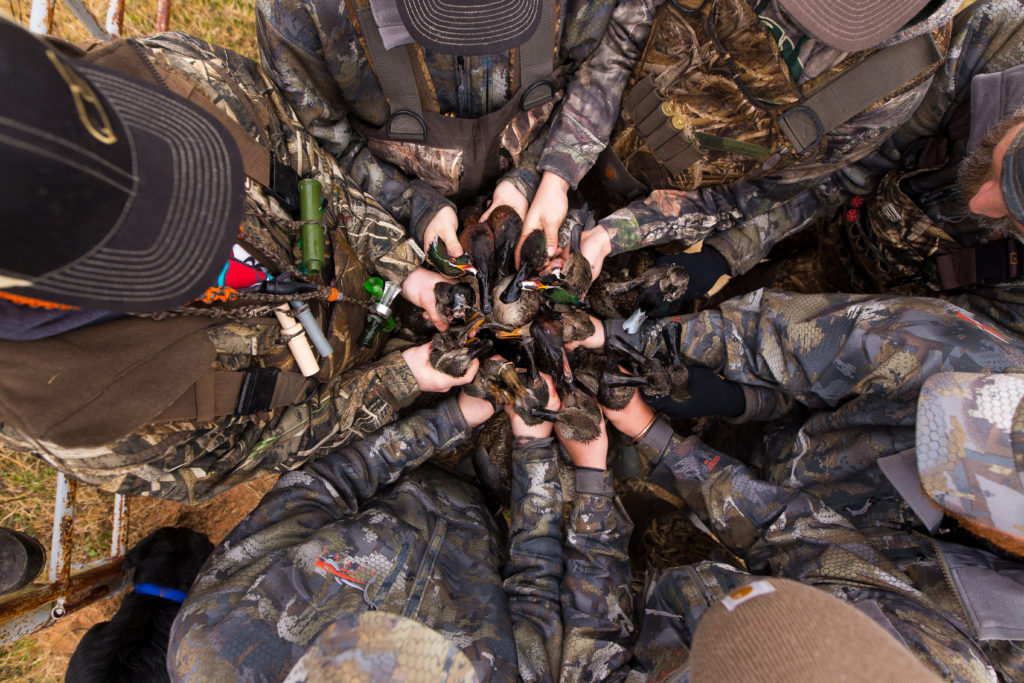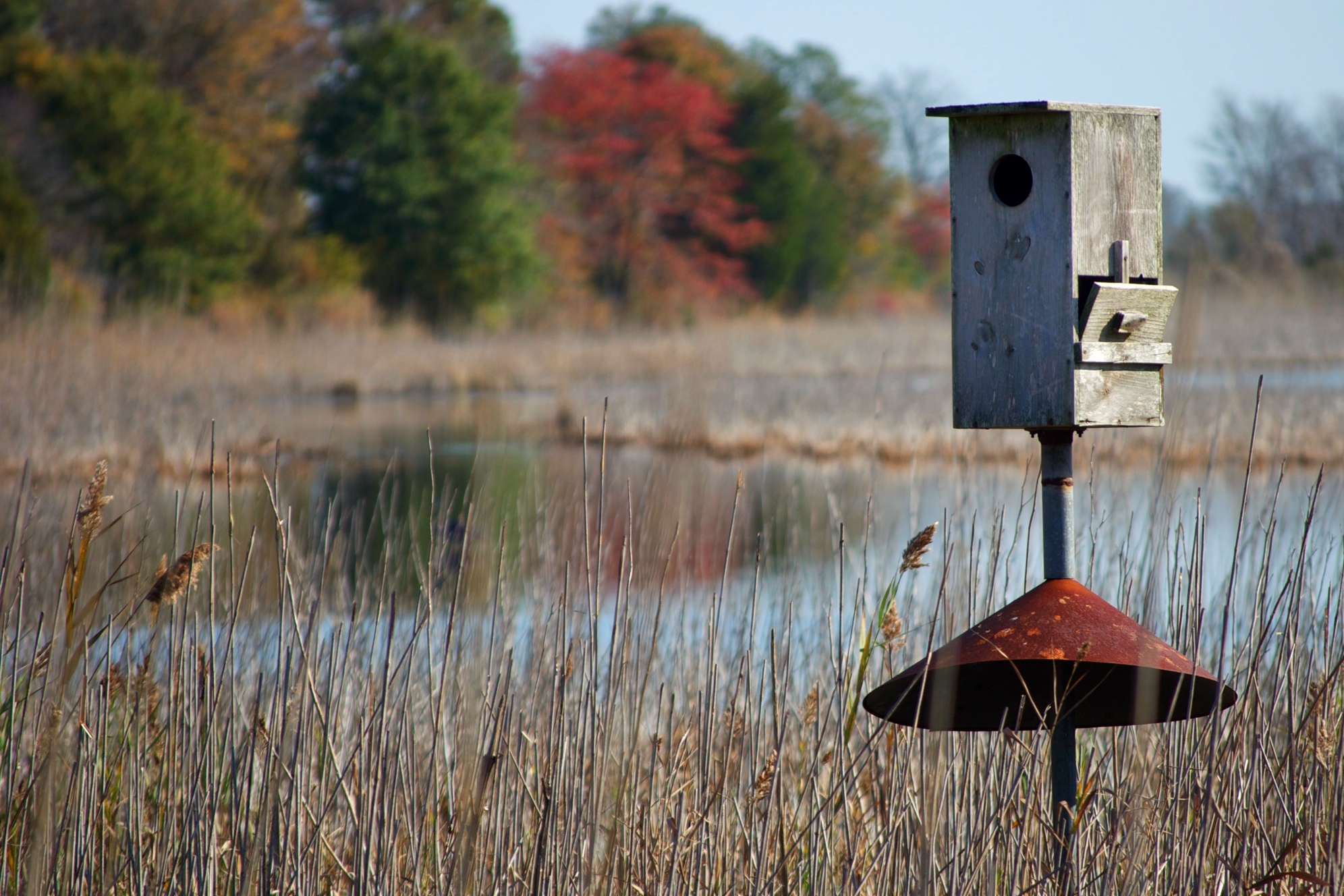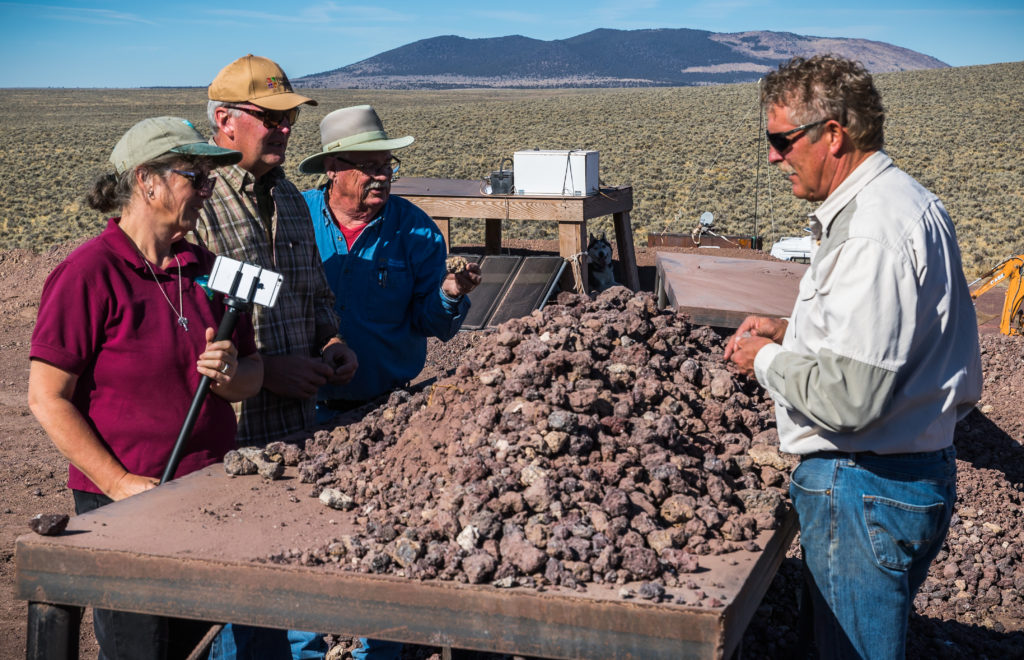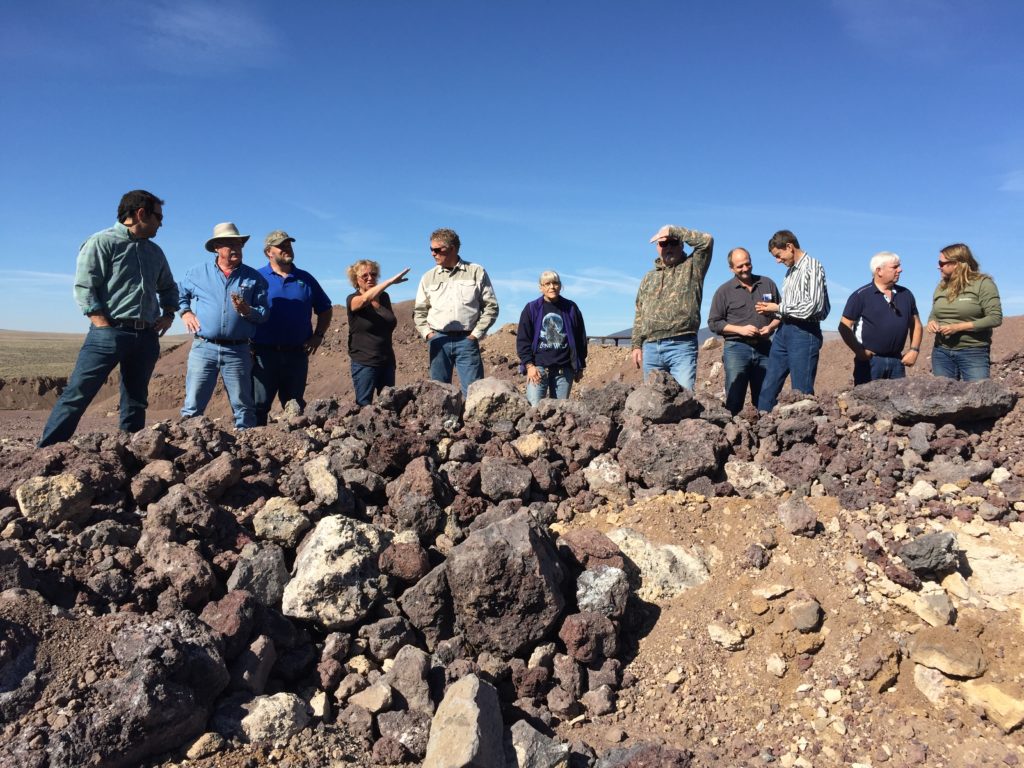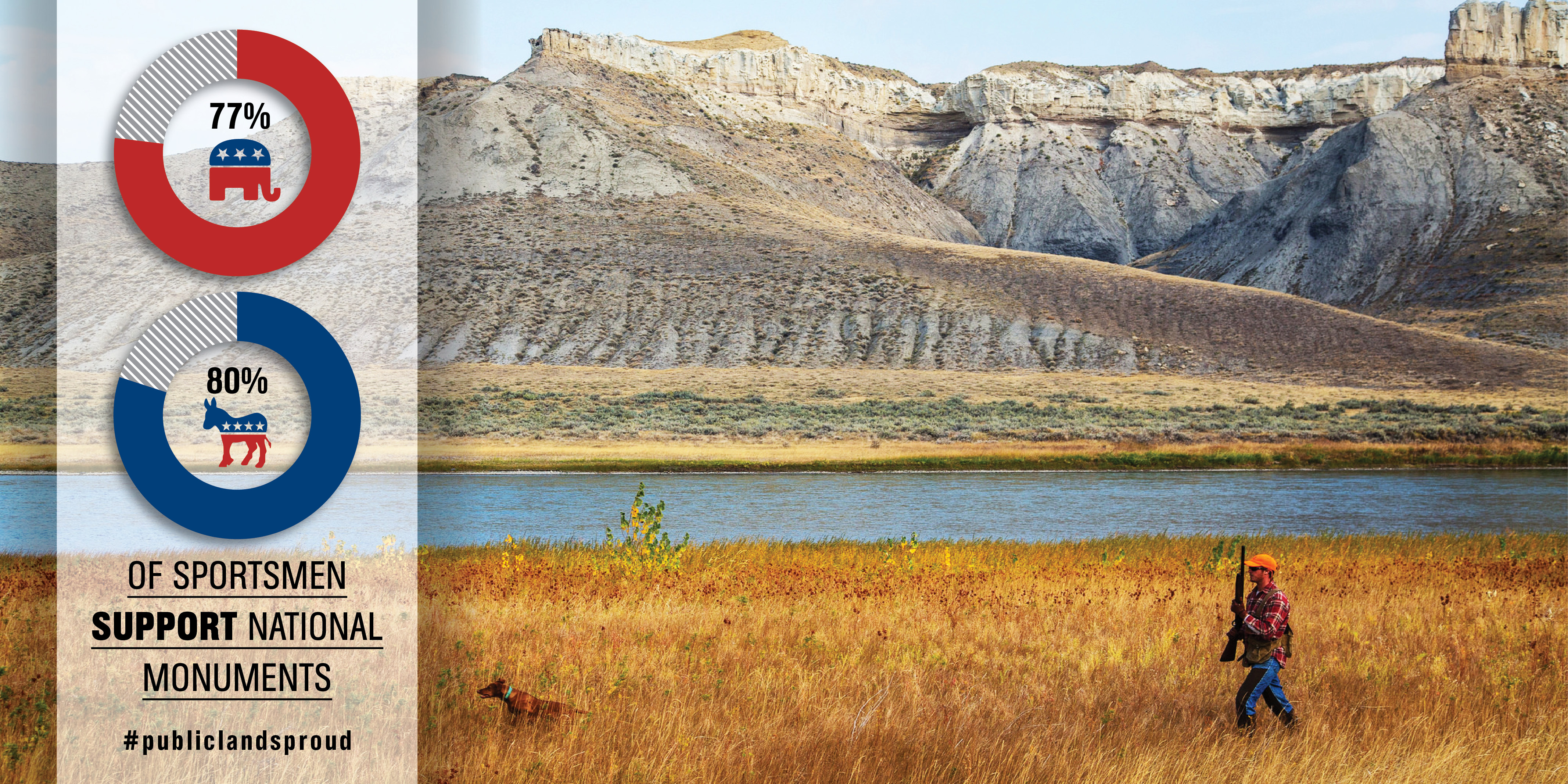The organization’s Board of Directors has acquired top talent from REI and Bass Pro Shops and welcomes back leaders of Orvis and Pheasants Forever
The Theodore Roosevelt Conservation Partnership is honored to announce the newest additions to its Board of Directors: Jerry Stritzke, president and CEO of REI; Megan Morris, foundation and philanthropy advisor for Bass Pro Shops; Dave Perkins, vice chairman of the Orvis Company; Howard Vincent, president and CEO of Pheasants Forever and Quail Forever; Mike Nussman, president and CEO of the American Sportfishing Association; and Alston Watt, executive director of the Williams Family Foundation of Georgia.
“This new slate of Board members makes the TRCP a stronger organization,” says Whit Fosburgh, TRCP’s president and CEO. “They include some of the nation’s most prominent names in conservation, philanthropy, and the hunting, fishing, and outdoor recreation industries. Their willingness to serve—or in some cases, serve again—affirms the integrity of TRCP’s bipartisan and science-based approach to safeguarding America’s conservation legacy.”
Stritzke and Morris represent leading outdoor retail brands with impeccable conservation values, while Watt brings experience with non-profit management, fundraising, and philanthropy. Perkins, Vincent, and Nussman are returning to the Board after previously serving full terms.
Four members also concluded their time with the Board in December: John Doerr, previously CEO of Pure Fishing; Mike Fitzgerald, co-owner and president of Frontiers Travel; Jay McAninch, the recently retired president and CEO of the Archery Trade Association; and George Thornton, the recently retired CEO of the National Wild Turkey Federation.
Rod Nelson of Houston, Texas, a former vice president for government and community relations for Schlumberger Limited, was elected as Board chair in December. He replaces Weldon Baird of Atlanta, Georgia, who served as chair for three years.
See the full roster of the TRCP Board of Directors here.
Bios for our newest Board members are below.
Jerry Stritzke joined REI as president and CEO in 2013. Under his leadership, REI launched its extremely successful #OptOutside campaign and reinvested nearly 70 percent of its profits back into the outdoor community in 2017 through co-op members, employees, and nonprofit partners. Stritzke grew up in Oklahoma and enjoys bow hunting, fly fishing, hiking, biking, and cross-country skiing.
Megan Morris is the foundation and philanthropy advisor for Bass Pro Shops, following in her father Johnny Morris’s footsteps as an advocate for local and national efforts to conserve fish and wildlife habitat, connect kids and families to the outdoors, and safeguard hunting and fishing traditions. Morris graduated summa cum laude from the University of Colorado and earned her Master’s in public administration with a concentration in non-profit management from the University of Washington, Seattle.
Dave Perkins joined Orvis in 1979 and is now the vice chairman of retail and sporting traditions, overseeing Orvis retail operations and the company’s core sporting traditions businesses. An avid fly fisherman and wing shooter, Perkins travels extensively to pursue these interests.
Howard Vincent has been with Pheasants Forever for 30 of the organization’s 34 years. In 2000, he was appointed CEO after previously serving as senior vice president and chief financial officer. In that time, it has grown from a $1M to $89M organization, while maintaining 90 percent mission efficiency. He and his wife Wendy have been married for more than 37 years and live in White Bear Lake, Minnesota, where he enjoys chasing the wily ringneck with his two sons, Marco and Ian.
Mike Nussman is the president and CEO of the American Sportfishing Association, having served previously on the Senate Commerce, Science, and Transportation Committee for 9 years. At ASA, Nussman has been a driving force behind numerous pieces of legislation and policy directives to minimize access restrictions, promote clean water, and restore fish populations. He has helped to grow the International Convention of Allied Sportfishing Trades (ICAST) Show and launched KeepAmericaFishing™, the industry’s angler advocacy initiative.
Alston Watt is the executive director of the Williams Family Foundation of Georgia. She previously worked for CARE in Haiti and Bangladesh—administering programs in microcredit, health, and water— and the North Luangwa Conservation Project in Zambia. Watt grew up hunting with her brothers, cousins, and uncle. She has two sons with husband Philip, and their family is never happier than when they are fishing, hunting, and hiking.
Top photo by Dave Nomsen.
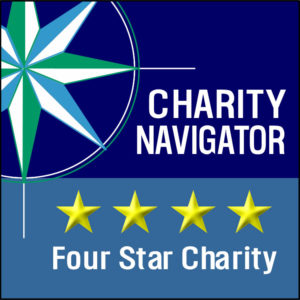 This five-time recognition of TRCP’s financial health, accountability, and transparency puts the organization in the top 8 percent of American charities rated.
This five-time recognition of TRCP’s financial health, accountability, and transparency puts the organization in the top 8 percent of American charities rated.